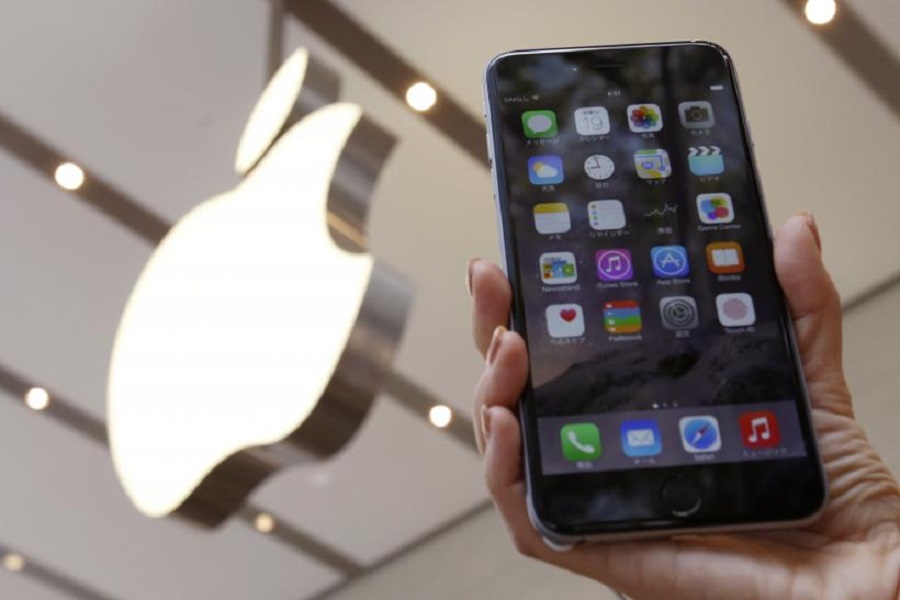Article summary
- Apple said it blocked an attempt by fraudsters to launch a total of 428,000 apps on the App Store in 2022.
- The company said it also blocked transactions worth $2.09 billion suspected to be fraudulent on existing apps on the platform.
- Nearly 1.7 million app submissions were also rejected from the App Store for various reasons, including concerns related to fraud and privacy.
In a remarkable display of resilience against cyber threats, tech giant Apple revealed that it effectively thwarted a staggering 428,000 fraudulent app submissions on its renowned App Store throughout the year 2022. The company’s robust security measures successfully blocked these nefarious attempts and promptly terminated the accounts of the deceptive developers behind them.
Apple in its latest security update said the 2022 figure of fraudulent apps was even lower than what it recorded in 2021, when it had to delete 802,000 developer accounts for potentially fraudulent activity. It said the number reduced in 2022 because of the new methods and protocols Apple put in place, which allow the App Store to prevent the creation of potentially fraudulent accounts.
$2.09 billion transactions blocked
Aside from the prevention of new fraudulent apps from being launched, Apple said it also blocked transactions worth $2.09 billion suspected to be fraudulent on existing apps on the platform.
- “As the digital economy evolves, more and more people are turning to online payments to purchase goods and services. Apple has made tremendous investments in creating secure payment technologies like Apple Pay and StoreKit to protect people’s financial information. These technologies are used by nearly 943,000 apps to sell goods and services on the App Store.
- “Last year, Apple blocked nearly 3.9 million stolen credit cards from being used to make fraudulent purchases and banned 714,000 accounts from transacting again. In total, Apple blocked $2.09 billion in fraudulent transactions on the App Store in 2022,” Apple said.
Untrustworthy apps
Apple said it also protected users from nearly 57,000 untrustworthy apps from illegitimate storefronts, which do not have the same built-in privacy and security protections as the App Store. These unauthorized marketplaces distribute harmful software that can imitate popular apps or alter them without the consent of their developers.
- “In the last 30 days alone, Apple blocked close to 3.9 million attempts to install or launch apps distributed illicitly through the Developer Enterprise Program, which allows large organizations to deploy internal apps for use by employees,” it added.
Apple also takes action against fraudulent customer accounts, and in 2022, disabled over 282 million customer accounts associated with fraudulent and abusive activity. And 198 million attempted fraudulent new accounts were blocked before they could even be created.
According to the company, nearly 1.7 million app submissions were rejected from the App Store for various reasons, including concerns related to fraud and privacy.
- “In more than one case this year, App Review caught apps using malicious code with the potential to steal users’ credentials from third-party services. In other instances, the App Review team identified several apps that disguised themselves as innocuous financial management platforms but had the capability to morph into another app. Nearly 24,000 apps were blocked or removed from the App Store for bait-and-switch violations such as these in 2022.
- “There are other reasons an app can be rejected for fraud. For example, over 153,000 app submissions rejected from the App Store last year were found to be spam, copycats, or misleading, and nearly 29,000 submissions were rejected for containing hidden or undocumented features. Sometimes apps try to obtain users’ personal data without their knowledge or consent. In 2022, upward of 400,000 app submissions were rejected for privacy violations,” the company disclosed.
Unapproved apps under a developer account that has been terminated for fraud and abuse are automatically removed and prevented from being submitted onto the App Store. In 2022, App Review took action to prevent nearly 84,000 potentially fraudulent apps from reaching users on the App Store.
